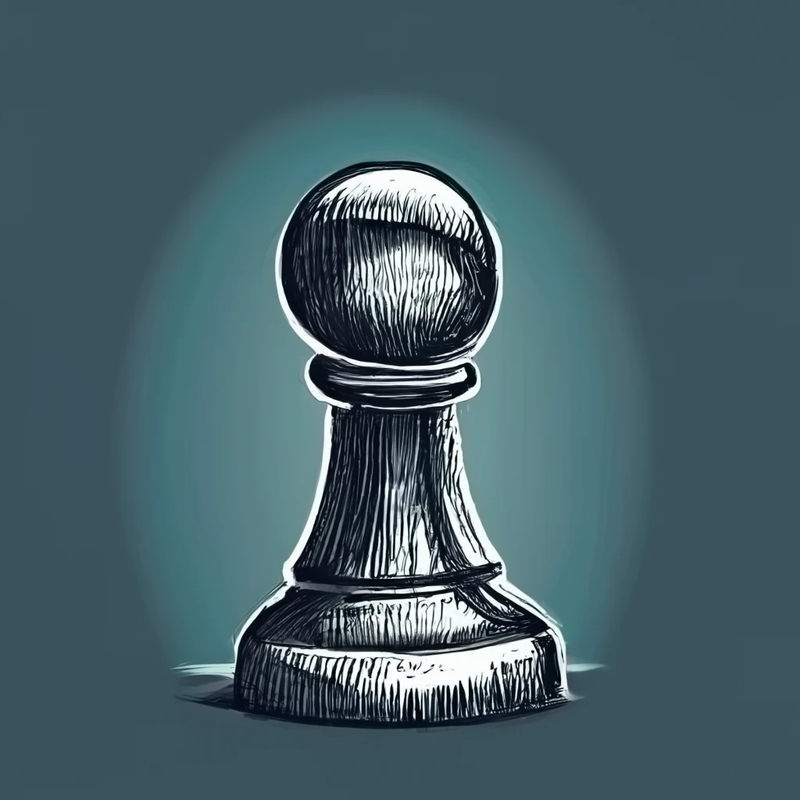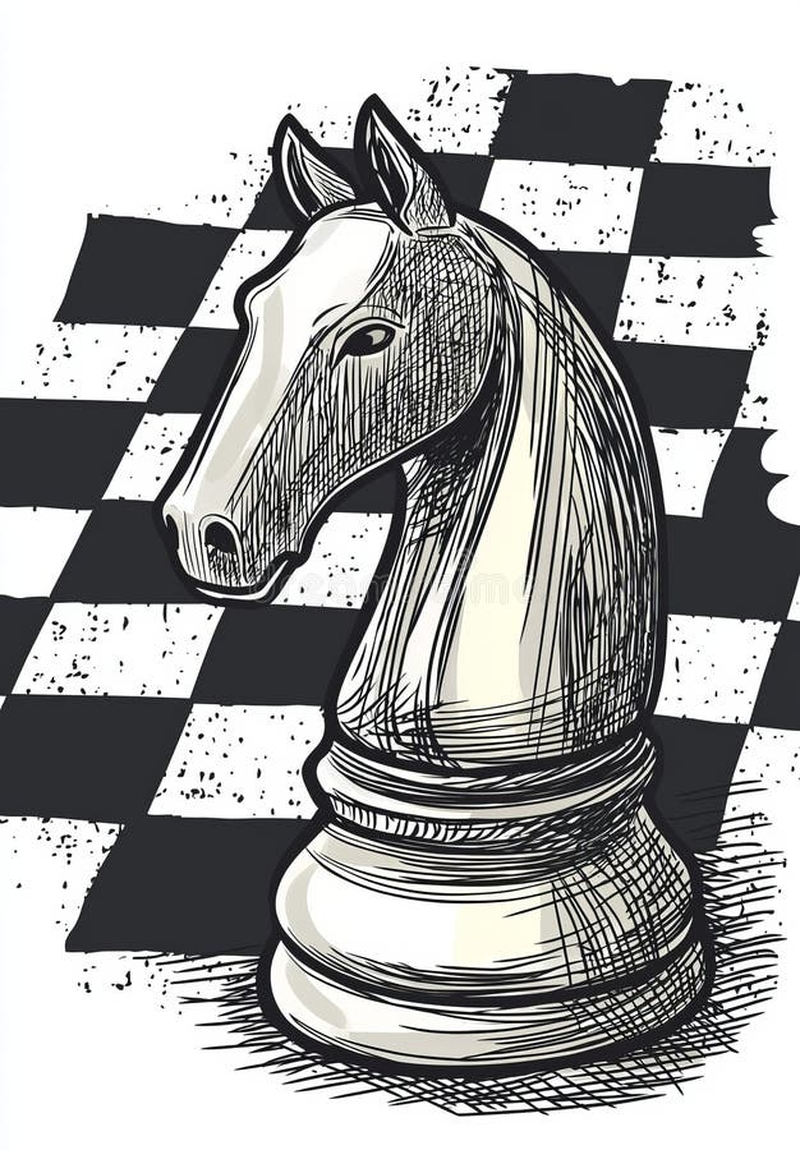This is written in the immediate wake of one of the greatest tragedies of 21st century chess.
We will never know what truly prompted it, nor do we really have the right to know such things. We do know that the brilliant Grandmaster Daniel Naroditsky, like so many, had been the subject of online recrimination and abuse and if it contributed to his passing, he was not the first and he will surely not be the last.

As we enter the second quarter of the 21st century, it is impossible to ignore the profound changes it has wrought. I grew up among the inaugural generation of online players and have witnessed the progression from "internet chess" from a magical means to play and talk to players all across the world to something that has all but replaced the physical world itself. I saw computers go from a often silly novelty to essentially a demigod and as this occurred there was concern at each step that this might harm chess for a variety of reasons. As it turns out, those concerns were right.
In the 20th century, chess was relatively straightforward - you played in tournaments. Those that did particularly well would become professional players, their reputation and livelihood introvertedly established from their recorded performances. To be sure, there were controversies (mostly of a nationalistic or occasionally personal nature), but in terms of chess skill there was one measurement, single and indisputable - results.

In modern times, tournaments of course still exist but the true arbiter of success for an aspiring player has become popularity above all else. 21st century chess professionals are essentially entertainers that depend on a continual audience to thrive - with few exceptions (Nakamura , of course) the most successful people in chess are as a rule not remarkably skilled at it. Uncoincidentally our respect for the human qualities of an excellent player - their courage, their imagination, their determination - has diminished accordingly. Every online chat demonstrates this immediately with users immediately (and generally loudly and often with great derision) declaring the mistakes of our greatest geniuses as soon as their computers will allow them to so.
In a world such as this, much of chess's former fascination and mystique vanishes - we cannot collectively gaze in wonder at a move and try and fathom the reasons behind it when they can be instantly calculated by heaps of metal trivializing our most inspired ideas. Once chess players were magicians, now we, hopelessly and unnecessarily jaded, are more fascinated by the wires and, once tired of that, the tabloids.
And then, finally, the tabloids - there is no accomplishment in chess that cannot now be tarnished by the insinuation of computer use, for it is a charge practically impossible to disprove. This, above almost all else, has been the theme of the 21st century for chess (and very soon, for practically everything). It began in earnest in the Kramnik-Topalov match in which, perhaps ironically, it was Vladimir Kramnik of all people who was accused of "engine assistance". It has been a cloud over the game ever since, and there is every reason to think that this toxic culture of constant recrimination, groupthink, and popularity worship has contributed to the loss of one of our greatest talents and moreover, a good and decent person.

https://lichess.org/71E0KoRY
(rant follows below)
I urge all conscientious online chess establishments to respect a fundamental line of demarcation - that this isn't the real chess world and that it is patently misleading, even dangerous to pretend otherwise. Furthermore, they should recognize the addictive nature of the game that they are in many ways exploiting and accelerating - an honest and open discussion of the psychological effects of people "tilting" and how dangerous a spiral it can be, especially with hyper-rapid time controls for people with (or really even without) OCD/hypercompetitive issues is long overdue.
Computers, at their best, are a powerful means for getting somewhere - for finding someone to play a game with, for watching great players, and for talking with interesting people across the world. Like all other forms of transport, it has its dangers and it's high time we at least acknowledged them.
Sincerely,
- Zug
.png)




